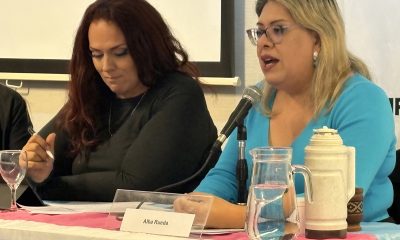World
Spanish prime minister to chair hate crimes meeting
Man who claimed he was attacked in Madrid recanted story
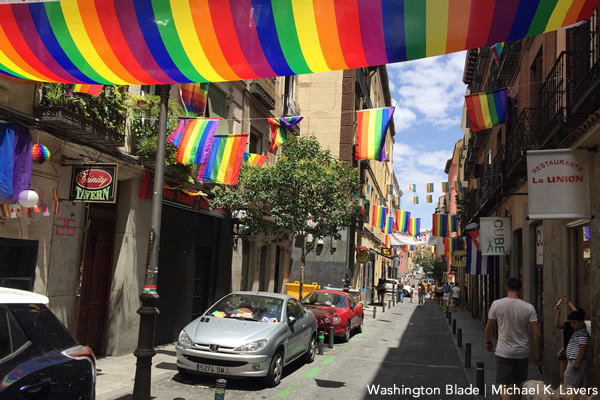
Spanish Prime Minister Pedro Sánchez on Friday will preside over a meeting of his country’s anti-hate crimes commission after a reported anti-gay attack in Madrid.
El País reported a 20-year-old man on Sunday claimed eight hooded men attacked him in Madrid’s Malaseña neighborhood. A police spokesperson told El País the assailants also reportedly verbally abused the man and cut his lip.
“There is no place for hate in our society,” tweeted Sánchez on Monday. “I profoundly condemn this homophobic attack. We will not allow it. We will continue working towards an open and diverse country in which nobody is afraid to be who they are, in which everyone can live free and secure.”
En nuestra sociedad no tiene cabida el odio. Mi rotunda condena a este ataque homófobo. No vamos a permitirlo. Seguiremos trabajando por un país abierto y diverso, donde nadie tenga miedo a ser quien es, en el que todos/as vivamos libres y seguros.
Mi cariño al joven agredido. https://t.co/YDjWENyeVa
— Pedro Sánchez (@sanchezcastejon) September 6, 2021
Isabel Rodríguez, a spokesperson for the Spanish government, announced Sánchez will chair the meeting on Friday.
“Hate crimes must receive the highest social and political condemnation,” said Rodríguez, according to Reuters.
The murder of Samuel Luis Muñiz, a 24-year-old gay man, in northwestern Spain’s Galicia region in July sparked outrage across the country and around the world.
Rubén López of the Madrid Observatory against LGTBphobia, told El País there have been 103 reported anti-gay assaults in Madrid so far in 2021.
World
New stock exchange initiative promotes LGBTQ inclusion in private sector
‘Ringing the Bell for LGBTIQ+ Equality’ campaign kicked off in Toronto on Tuesday
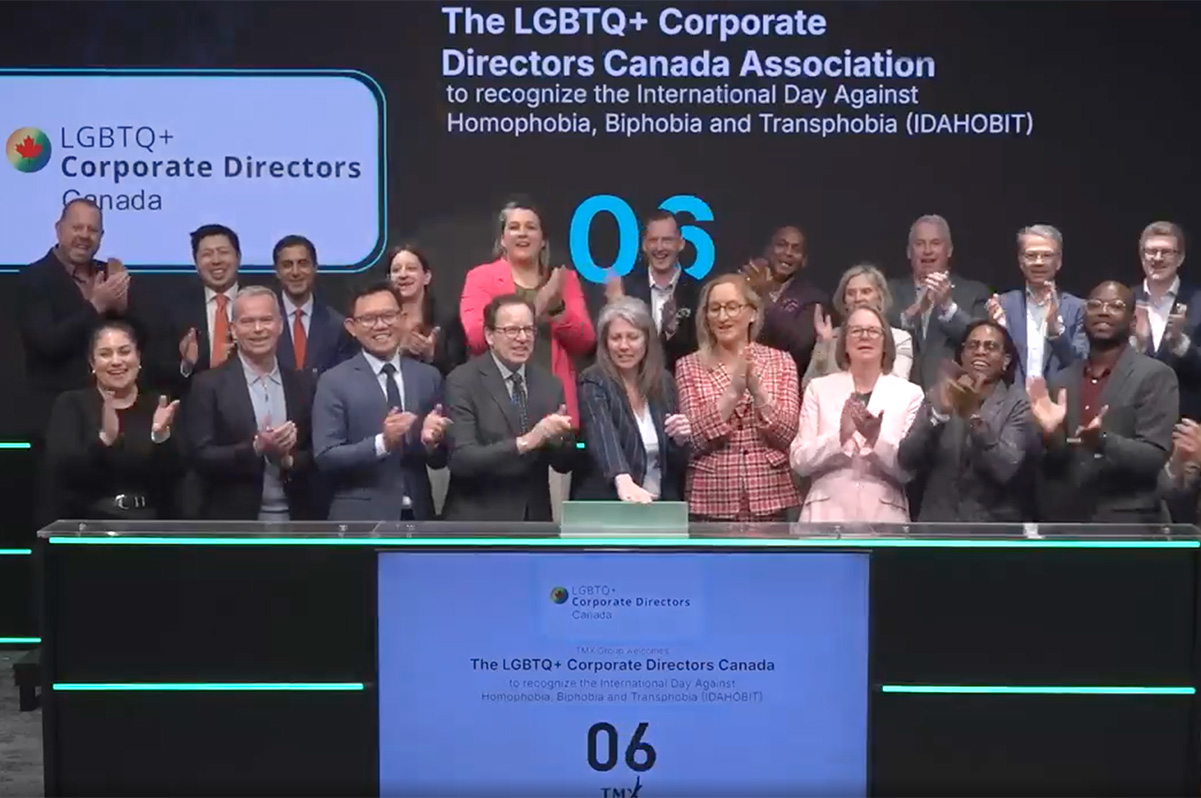
More than a dozen stock exchanges around the world are participating in an initiative that seeks to promote LGBTQ inclusion in the private sector.
The first “Ringing the Bell for LGBTIQ+ Equality” ceremony took place on Tuesday at the Toronto Stock Exchange when members of the LGBTQ+ Corporate Directors Canada Association rang the closing bell.
(Video courtesy of the TMX Group)
Two “Ringing the Bell for LGBTIQ+ Equality” ceremonies took place on Wednesday at the London Stock Exchange and the Australia Stock Exchange. Similar events are scheduled to occur in Amsterdam, Brussels, Paris, Chicago, Mexico City, the Cambodian capital of Phnom Penh, the Namibian capital of Windhoek, and other cities throughout the month.
Koppa: The LGBTI+ Economic Power Lab and various U.N. agencies are behind the campaign that coincides with the International Day Against Homophobia, Biphobia and Transphobia.
IDAHOBiT commemorates the World Health Organization’s declassification of homosexuality as a mental disorder on May 17, 1990.
“This is more than just a symbolic gesture – it’s a global call to action to focus on LGBTIQ+ economic equality inclusion,” said Fabrice Houdart, co-founder of Koppa, in a press release that announced the “Ringing the Bell for LGBTIQ+ Equality” campaign. “Economic inclusion remains among the unfinished business of the LGBTIQ+ equality movement of the LGBTIQ+ equality movement around the world, including in the U.S. We are ringing the bell to remind the world: Our journey is far from over.”
“With an increasing number of governments trying to force businesses around the world to retreat on their support for basic equality, companies must step in and defend their right to do business as they see fit, including their support for equality for all,” he added.
Peru
Peruvian activists react to Pope Leo XIV’s election
American-born pontiff was bishop of Chiclayo
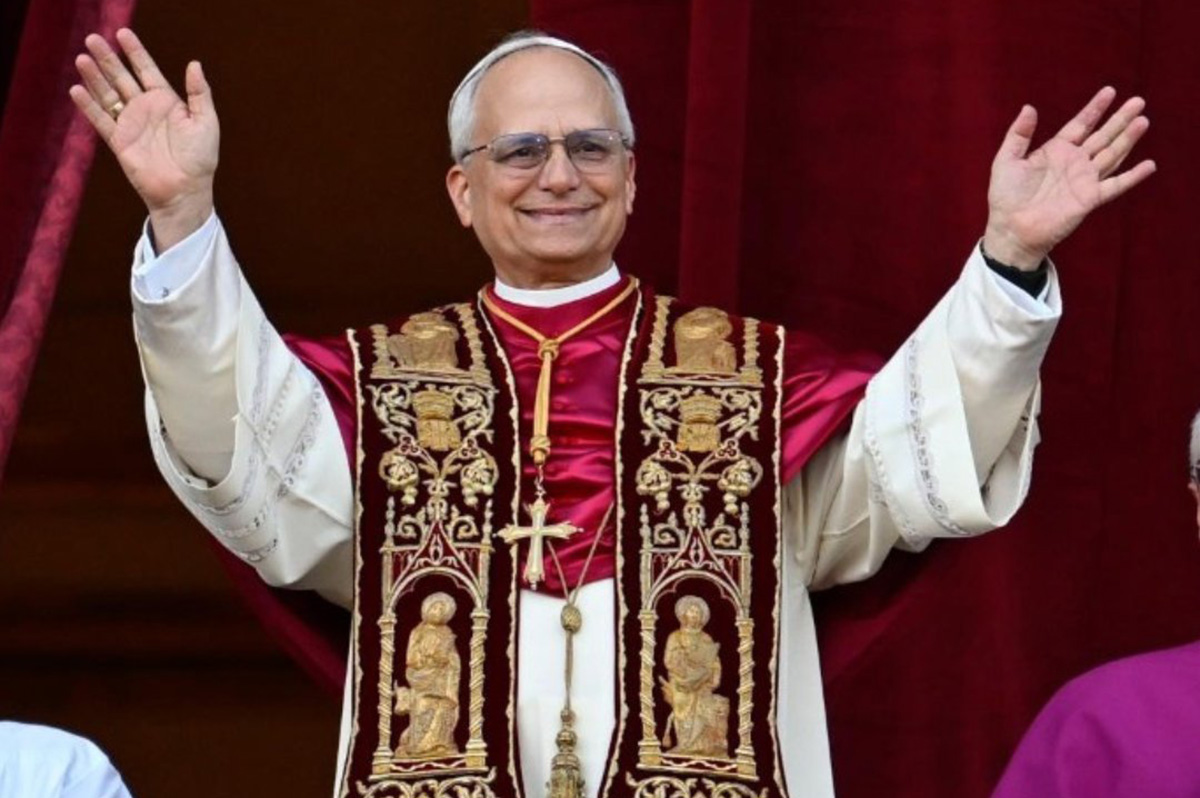
Pope Leo XIV’s election has sparked global reactions, but his appointment has struck a deeper chord in Peru.
The now-pontiff served for years as bishop of Chiclayo, a city in northern Peru. For LGBTQ leaders and activists in the country, Leo represents a figure who, while unlikely to overhaul church doctrine, could signal a shift towards a less hostile and more open Catholic Church.
“The fact that the new pope lived and served pastorally in Peru is no small thing,” said George Hale, director of Promsex, an advocacy group that is based in Lima, the Peruvian capital. “Leo XIV is deeply familiar with inequality, abuses of power, popular religiosity, and the pain of a society scarred by classism and exclusion. His support for victims of the Sodalitium scandal showed a courageous figure willing to listen when others remained silent.”
The Sodalitium of Christian Life, a Peruvian Catholic lay group implicated in cases of sexual and psychological abuse against minors, became one of the church’s worst scandals in Latin America. Leo’s direct involvement in sanctioning those responsible — and his central role in the group’s eventual dissolution — was widely viewed as a sign of his commitment to reform from within.
Former Congressman Alberto de Belaunde, one of Peru’s few openly gay political figures, also welcomed Leo’s election, describing his trajectory as “good news within the Vatican.” De Belaunde emphasized Leo’s time at the Pontifical Catholic University of Peru, where he served on the university’s assembly as the church’s representative.
“Unlike other pontifical universities, the PUCP is progressive and diverse,” De Belaunde said. “Monsignor Prevost always demonstrated a remarkable ability to dialogue and showed respect for differing views. That speaks volumes about both his intellectual and pastoral approach.”
The question still remains: How much could the church change under Leo’s papacy when it comes to LGBTQ rights?
“Sometimes, even just a change in tone makes a difference,” De Belaunde noted. “I grew up under the influence of Pope John Paul II and Bishop Cipriani, both known for confrontational rhetoric. When the pope says things like ‘Who am I to judge?’ — it doesn’t change doctrine, but it humanizes the discourse. And that matters.”
De Belaunde specifically referred to Pope Francis’s 2013 comments about gay priests. (The Vatican’s tone on LGBTQ and intersex issues softened under Francis’s papacy, even though church teachings on homosexuality did not change.)
“There are very conservative factions within the church, outright enemies of our rights,” said Congresswoman Susel Paredes, who is a lesbian. “But there’s also space for love of neighbor, as Jesus taught. Even if Pope Leo XIV were to chart a path toward full inclusion of LGBTQ people, resistance would remain. These things don’t change overnight.”
Paredes also highlighted Francis’s legacy — especially his vision of a synodal church. The Argentine-born pontiff who died on April 21 was Leo’s direct mentor.
“Pope Francis spoke of a church where ‘everyone, everyone, everyone’ walks together without distinction,” she said. “Leo XIV was already part of that vision when he worked in some of Peru’s poorest areas. That gives us hope and reason to watch his papacy with expectation.”
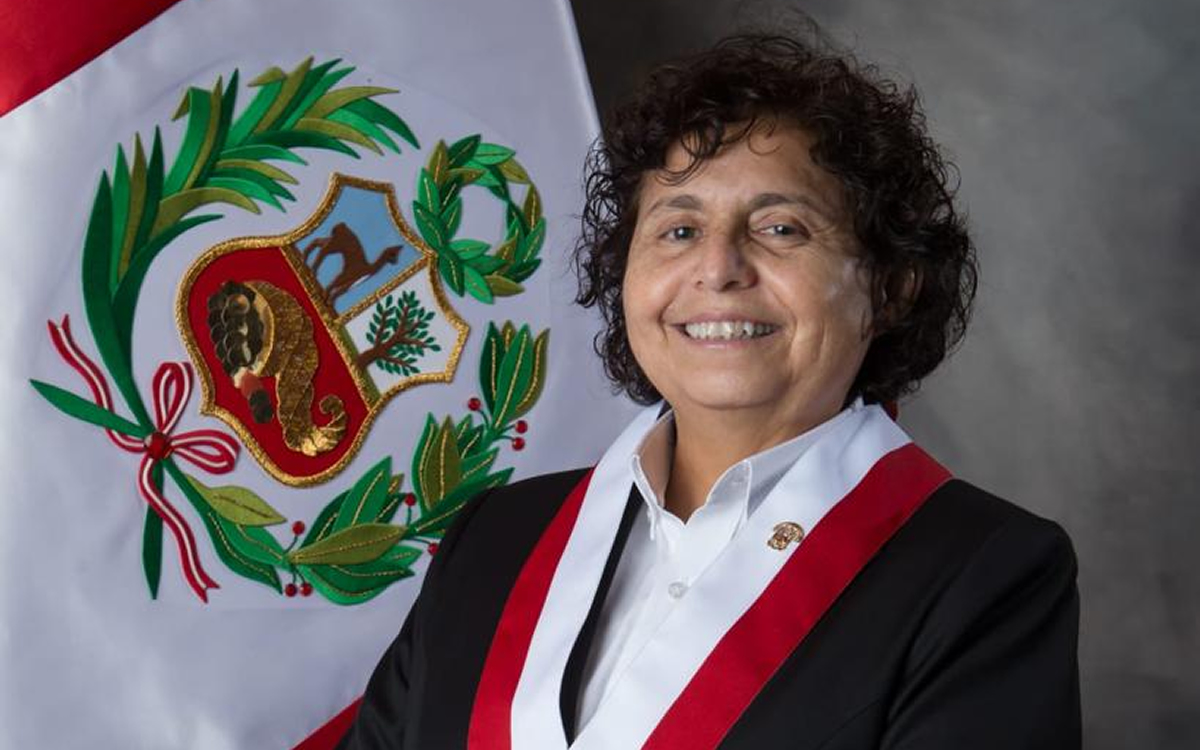
Activists, however, are clear-eyed about the limits of symbolic change.
“He (Leo) doesn’t appear to be a hostile figure,” Hale said. “But he’s not pushing for radical reform either. He won’t lead the fight for same-sex marriage or trans rights. But his more humane tone — his closeness to those on the margins — can help de-escalate hate speech, especially in a country like ours.”
Hale also pointed to a recent gesture from the new Leo that raised concerns: His public support for the Peruvian bishops’ statement opposing a court ruling that granted Ana Estrada, a woman with a degenerative disease, the right to die with dignity through euthanasia.
“By endorsing that statement, he reaffirmed official doctrine. And while he may be compassionate, he’s still aligned with traditional positions on some key issues,” Hale said. “That’s why we insist: We’re not expecting a revolution, but a shift in tone matters.”
Peru does not recognize same-sex marriages, and transgender people lack legal protections. Expectations about Leo’s papacy remain measured because church rhetoric remains a roadblock to civil rights.
“Rights are granted by laws, and the separation of church and state must remain fundamental,” said Paredes. “That’s where progress happens, in secular legislation.”
“Yes — it’s a breath of fresh air to have a pope who doesn’t slam the door shut, who has walked with Peru’s most excluded,” she added. “That gives us encouragement to keep going.”
Uruguay
Former Uruguayan president José Mujica dies at 89
One-time guerrilla fighter signed marriage equality law in 2012
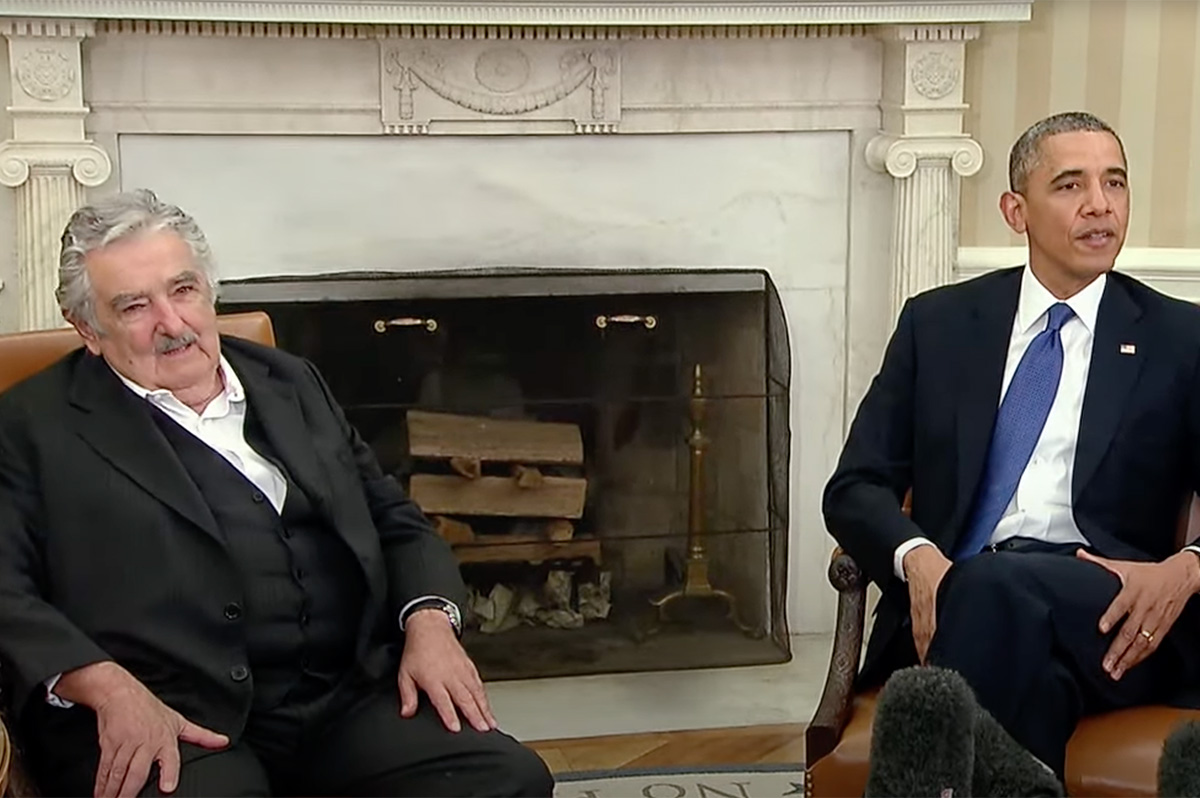
Former Uruguayan President José “Pepe” Mujica died on Tuesday. He was 89.
Mujica, a farmer, was a member of Tupamaros National Liberation Movement, a leftist guerrilla group that carried out bank robberies and bombings and kidnapped politicians and businessmen in the South American country during the 1960s and 1970s.
Mujica spent nearly 15 years in prison. The right-wing military dictatorship that governed Uruguay from 1973-1985 tortured him and held him in solitary confinement for a decade.
Mujica in 1989 joined the Movement of Popular Participation, a party that is part of the Broad Front, a leftist political coalition. Mujica was Uruguay’s president from 2010-2015.
Laws that extended marriage rights to same-sex couples and legalized abortion took effect in 2013 and 2012 respectively. Mujica in 2013 also signed a law that legalized recreational marijuana in Uruguay.
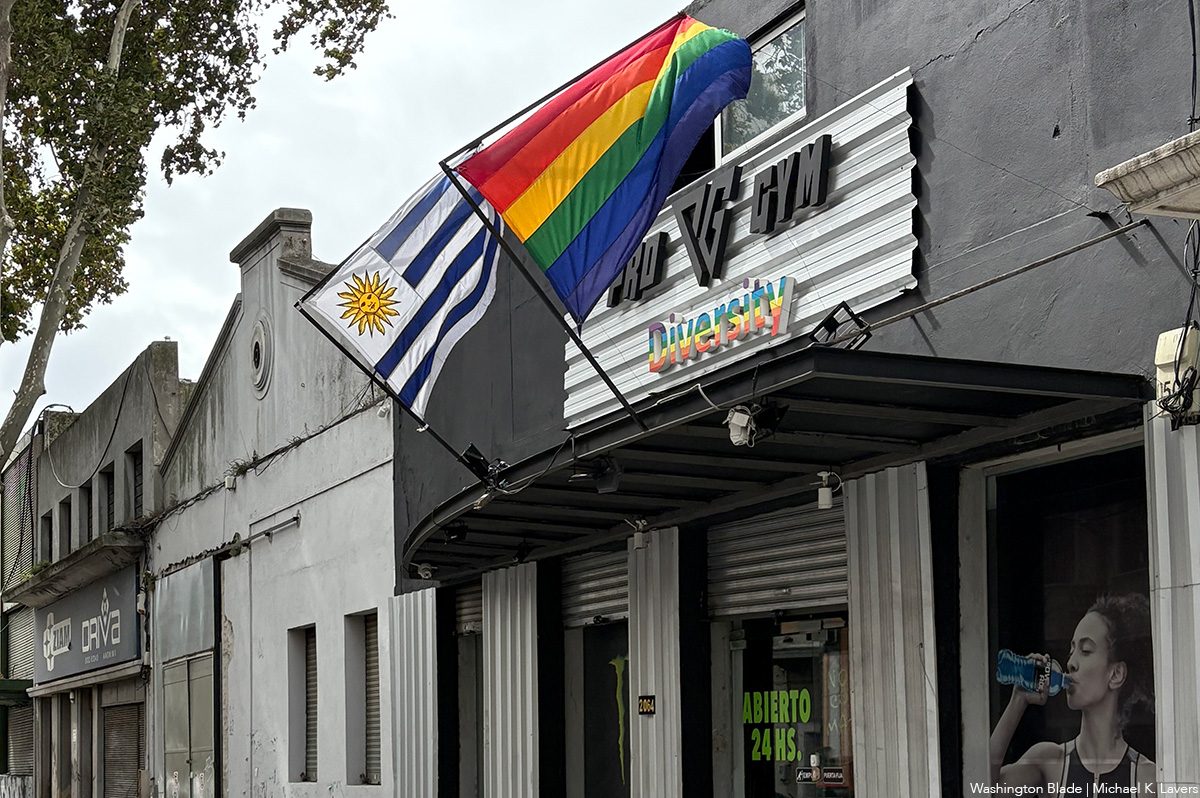
Mujica earlier this year announced he would not undergo further treatment for esophagus cancer that had spread to his liver. The AP notes he died in his small house outside of Montevideo, the Uruguayan capital.
“With profound pain we announced that our friend Pepe Mujica has died,” said Uruguayan President Yamandú Orsi, who currently leads the Broad Front, on X. “President, activist, guide, and leader. We are going to miss you very much, dear old man. Thank you for everything that you gave us and for your profound love for your people.”
Esteban Paulón, a gay congressman in neighboring Argentina, celebrated Mujica as a “guide” for “Latin American progressivism.”
“He made humility, honesty and austerity his hallmarks,” said Paulón on social media.
-
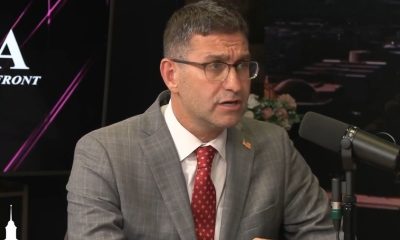
 Rehoboth Beach1 day ago
Rehoboth Beach1 day agoDel. Gov. Meyer to join Washington Blade party in Rehoboth on Friday
-
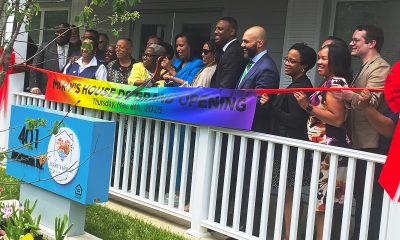
 District of Columbia5 days ago
District of Columbia5 days agoMayor joins ribbon-cutting for opening of D.C. LGBTQ seniors home
-

 Books5 days ago
Books5 days agoI’m a lesbian and LGBTQ books would have changed my life
-

 Out & About5 days ago
Out & About5 days agoDJs to hold panel discussion on music, identity



